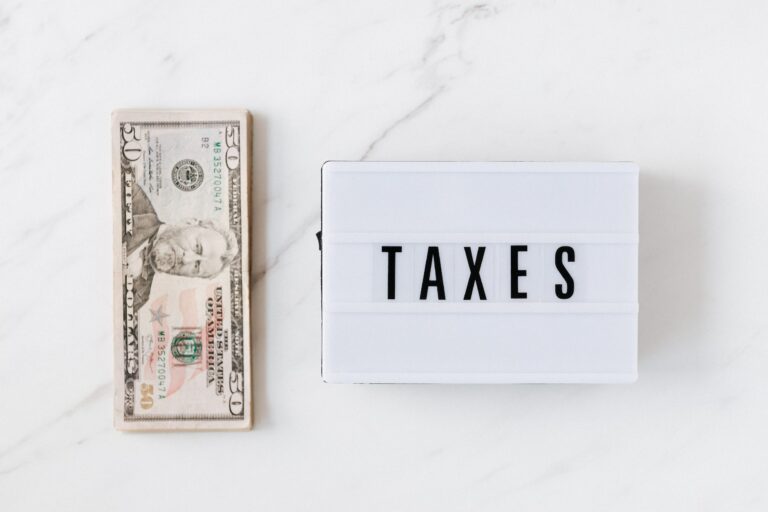
Retirement Planning for Busy Professionals: A Comprehensive Guide
For many busy professionals, finding the time to effectively plan for retirement can be a challenge. Between personal commitments and demanding careers, setting aside time to create a retirement plan might take a backseat. However, strategic financial decisions need to be made to ensure a comfortable and fulfilling retirement. This retirement planning guide is designed specifically for planning for busy professionals, helping you navigate this essential process efficiently.
Why Is Retirement Planning Essential for Busy People?
Despite hectic schedules, retirement planning should not be neglected. Busy professionals often have the benefit of a higher income, which, if managed correctly, can lead to a substantial nest egg. However, higher incomes often come with higher spending, and without careful planning, you might find yourself short of funds in your golden years.
Retirement planning is more than just saving money. It’s about crafting a detailed financial plan that considers all future needs and desires. It involves investment strategies, establishing clear financial goals and making informed financial decisions, ensuring that the lifestyle you’re looking forward to is fully funded.
What Should Your Plan Include?
Your retirement plan is a roadmap to a secure financial future. It should reflect your retirement goals, risk tolerance and current financial situation. Consider your desired lifestyle, income and expenses, and potential care costs in your golden years. A strong plan is comprehensive and adaptable to life’s changes, such as the coronavirus’s economic impact.
The plan should leverage tax-advantaged retirement accounts, like Roth IRAs, traditional IRAs, or employer-sponsored retirement plans, maximizing the benefits these vehicles offer. It’s also prudent to include estate planning to ensure that your assets are managed and distributed according to your wishes.
How Do You Set Clear Retirement Goals?
Setting clear retirement goals involves defining your dream retirement. Consider factors like the age you intend to retire, the lifestyle you envision and any large expenses like travel or long-term care. These considerations will determine how much money you need to save and influence your investment strategy.
Work with a financial planner to quantify these goals into actionable steps. They can help you set realistic timelines, identify potential investment opportunities (like mutual funds or tech stocks) and recommend the amount of money you need to contribute regularly to your retirement savings.
Investment: How Can Busy Professionals Optimize It?
Investments play a crucial role in building your retirement savings. As a busy professional, you need an investment strategy tailored to your risk tolerance and retirement goals. Diversify your portfolio across asset classes to navigate market ups and downs. It’s also wise to review and update your choices periodically or when experiencing major life changes.
Take advantage of employer-sponsored retirement plans, especially if your employer offers matching contributions. It’s essentially “free money” added to your retirement savings. Busy professionals can also explore tech-savvy solutions, like investment mobile apps, to buy or sell assets and monitor their portfolios on the go.
Why Consider Roth IRAs and Other Tax-Advantaged Accounts?
Roth IRAs are valuable for their tax-free growth and withdrawal benefits, making them a valuable asset in your retirement plan. Contributions to a Roth IRA are made with after-tax dollars, allowing for tax-free withdrawals in retirement, provided certain conditions are met. Traditional IRAs or employer-sponsored plans offer different benefits, like tax-deductible contributions, that lower your annual taxable income.
Your choice depends on various factors, including your current and expected future tax brackets, retirement age and financial goals. A financial advisor can guide you through the nuances of each option to determine the best fit for your situation.
How to Automate Your Retirement Savings?
Automation can save you time and ensure consistent contributions to your retirement fund. Set up automatic transfers from your paycheck or bank account to your retirement account. This approach helps in maintaining a disciplined saving habit. This is crucial for busy professionals who might neglect this aspect due to their tight schedules.
Moreover, automating investments in a tax-advantaged account, like a Roth IRA or 401(k), can significantly bolster your retirement savings without active, ongoing effort, allowing you to focus on your career and other interests.
The Role of an Emergency Fund in Retirement Planning
An emergency fund is a financial safety net, ideally amounting to at least three to six months of living expenses. It is separate from your retirement savings, designed to cover urgent financial needs without disrupting the growth of your retirement investment.
Having an emergency fund in place ensures that unexpected expenses or a sudden loss of income doesn’t derail your retirement plan. It protects your nest egg from premature withdrawals, which can often result in significant tax penalties.
How Can Estate Planning Secure Your Financial Future?
Estate planning is a key component of retirement planning, ensuring that your assets are distributed according to your wishes after your death. It minimizes the tax burden on your heirs and can provide for any philanthropic interests.
Discuss with an experienced estate planning attorney how to best establish a will, set up any trusts and designate power of attorney. This planning is crucial for both your peace of mind and the financial security of your loved ones.
Retirement Planning and Debt: What’s the Strategy?
Entering retirement debt-free is generally advisable. Focus on paying off high-interest debts, particularly credit card debt, which can erode your savings potential. Strategize to pay off debts with the highest interest rates first, while still contributing to your retirement savings. This is especially important if you receive an employer match.
Consult with a financial advisor to balance debt repayment with retirement investment, ensuring that one doesn’t overly compromise the other.
Summary: Key Takeaways for Retirement Planning
- Start planning early and set clear, achievable retirement goals.
- Consult with a financial advisor to create a robust retirement plan.
- Diversify your investment portfolio to spread risk.
- Leverage tax-advantaged accounts, like Roth IRAs, for efficient growth.
- Automate savings to ensure consistent retirement fund contributions.
- Prioritize the creation of an emergency fund to safeguard your financial plans.
- Integrate estate planning into your retirement plan.
- Strategize debt repayment to minimize high-interest burdens before retirement.
Taking these steps will help busy professionals prepare for a secure, comfortable, and fulfilling retirement. Start today, and your future self will thank you.





